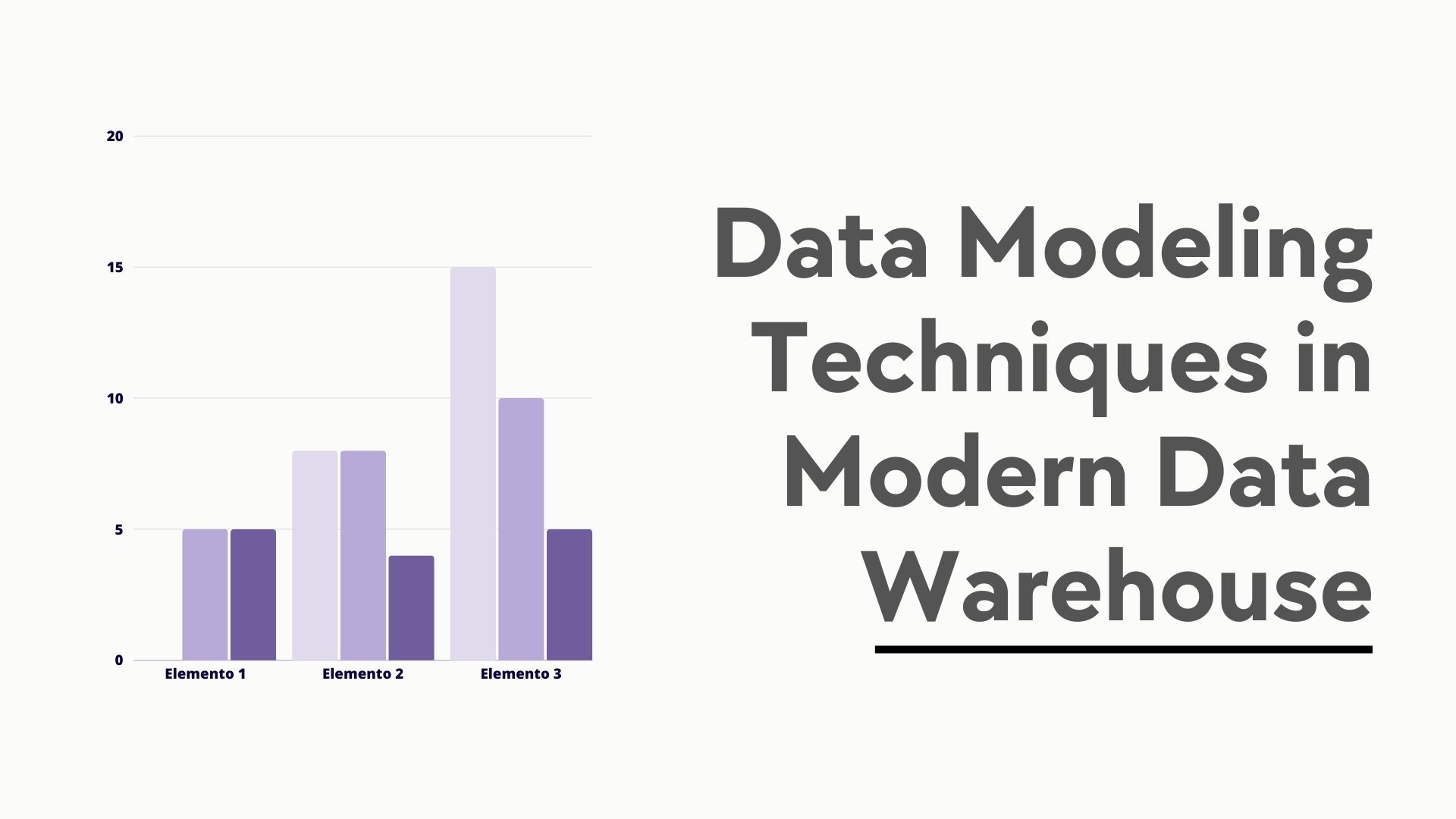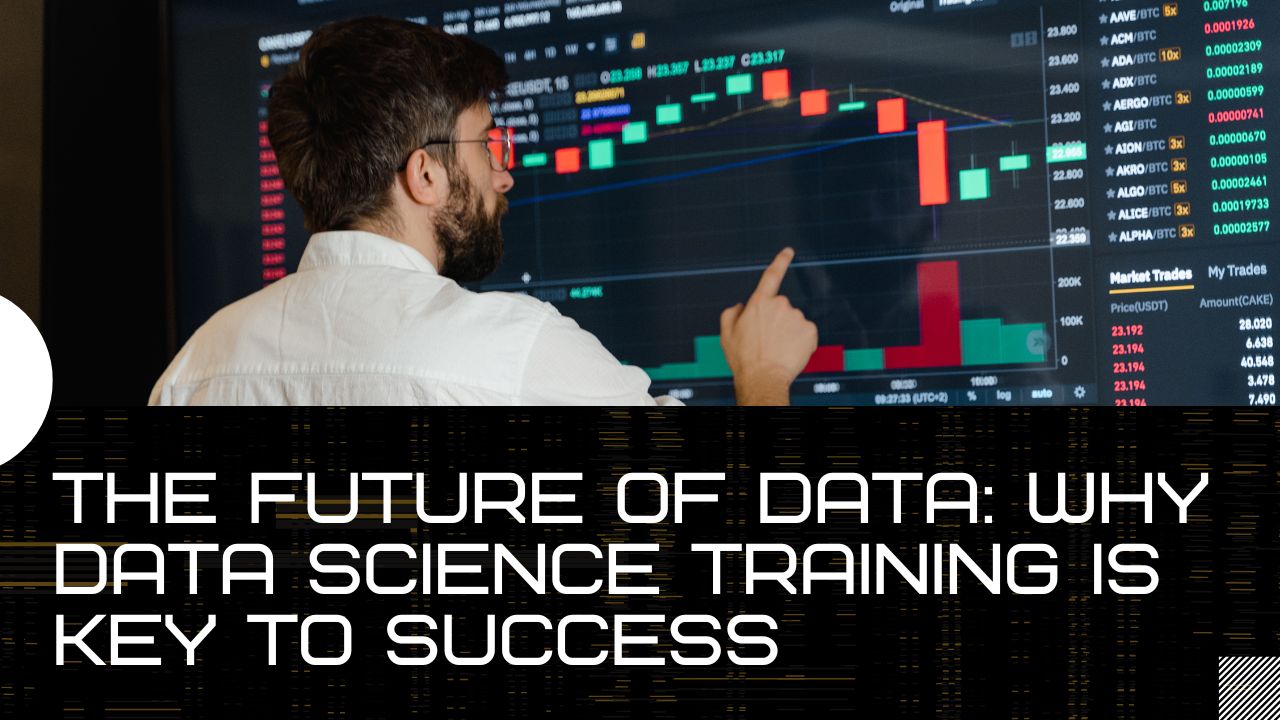 Local SEO Boost – Put Your Business on the Local Map!
Local SEO Boost – Put Your Business on the Local Map!
Data Science Specializations: Which Course Path is Right for You?
Written by Sanjeet Singh » Updated on: June 17th, 2025

Data science is a rapidly growing field that offers diverse career opportunities across various industries. Whether you're interested in analyzing data, building machine learning models, or making data-driven business decisions, there are multiple paths to take within data science. With so many options available, choosing the right specialization can be daunting. This guide will help you understand the different specializations within data science and how to select the one that best aligns with your skills, interests, and career goals.
What Is Data Science?
Data science combines statistical analysis, machine learning, and computer science to extract meaningful insights from structured and unstructured data. It involves working with large datasets, cleaning and preparing data, and using advanced algorithms to draw conclusions that can inform business decisions or create predictive models. A data scientist typically has expertise in programming, mathematics, and statistics, and uses a variety of tools such as Python, R, SQL, and machine learning libraries like TensorFlow and Scikit-learn.
Core Disciplines in Data Science
Data science is not just a single discipline but a collection of subfields, each with its own focus. The main categories include:
- Data Analytics – Often considered the foundational area of data science, data analysts use statistical techniques and tools to interpret data and generate actionable insights. They focus on examining historical data to uncover trends, patterns, and anomalies. Tools commonly used include Excel, SQL, Tableau, and Power BI.
- Machine Learning & Artificial Intelligence – Machine learning (ML) and artificial intelligence (AI) involve developing algorithms that allow computers to learn from data and make predictions or decisions without explicit programming. ML focuses on creating algorithms that improve over time, while AI encompasses a broader range of technologies, including natural language processing (NLP) and robotics. This specialization requires skills in Python, R, TensorFlow, and Keras.
- Data Engineering – Data engineering involves designing and managing systems that store, process, and clean data for analysis. Data engineers build pipelines to collect data from various sources, ensuring it is accessible, accurate, and up-to-date. This specialization requires knowledge of programming languages like Python and Java, as well as tools like Hadoop, Spark, and SQL.
- Big Data – Big data refers to the enormous volumes of data generated daily by various sources, such as social media, IoT devices, and business transactions. Specializing in big data involves working with tools and technologies that handle large-scale datasets, such as Hadoop, Apache Spark, and NoSQL databases. Big data professionals focus on optimizing data storage, retrieval, and processing.
- Business Intelligence – Business intelligence (BI) professionals leverage data analysis to make informed business decisions. BI focuses on reporting, dashboards, and key performance indicators (KPIs) to help businesses understand their operations and strategies. BI specialists often use tools like Tableau, Power BI, and QlikView to create visualizations that make complex data easier to understand for non-technical stakeholders.
- Deep Learning – A subset of machine learning, deep learning focuses on algorithms that mimic the structure and function of the human brain. It involves neural networks that process unstructured data, such as images, speech, and text. Deep learning is used in applications like image recognition, speech recognition, and autonomous vehicles. Essential skills for this specialization include Python, TensorFlow, PyTorch, and CUDA.
Factors to Consider When Choosing a Data Science Specialization
Choosing the right specialization depends on several factors, including your interests, career goals, and skillset. Here are some key factors to consider:
- Your Interests – Think about the types of problems you enjoy solving. Do you prefer working with raw data and cleaning it for analysis? If so, data engineering or data analytics might be a good fit. If you're passionate about AI and building predictive models, machine learning or deep learning could be the right choice. Business-minded individuals may gravitate toward business intelligence, where the focus is on data visualization and making strategic decisions.
- Your Background – If you have a background in computer science or software development, you might find the technical aspects of machine learning or data engineering appealing. If you come from a background in statistics or mathematics, data analytics or big data might align better with your skills.
- Job Market Demand – While all areas of data science are in demand, some specializations are particularly hot. Machine learning, deep learning, and artificial intelligence are rapidly growing fields, and businesses actively seek professionals with expertise in these areas. Data engineering is also crucial as more companies adopt cloud-based architectures. Meanwhile, data analytics and business intelligence are more widely applicable across industries, making them versatile choices.
- Career Growth & Salary – Some data science roles offer higher salaries and better growth potential than others. For example, data scientists specializing in deep learning or machine learning tend to earn more, reflecting the high level of expertise and demand in these areas. Additionally, roles in data engineering often offer competitive salaries due to the need for specialized technical skills.
- Learning Curve – Some specializations in data science require a steeper learning curve than others. For example, deep learning requires knowledge of neural networks and advanced mathematics, while data analytics may be more accessible with basic statistics and Excel skills. If you're just starting your career in data science, it's a good idea to begin with a foundation in statistics and data analysis before branching into more advanced fields.
Recommended Learning Paths for Different Specializations
Here’s a breakdown of potential learning paths based on your chosen specialization:
For Data Analytics:
- Start with: Basic statistics and Excel
- Next, learn: SQL, Tableau, Power BI, and Python (for data manipulation)
- Advanced: Statistical modeling, A/B testing, advanced Excel functions
For Machine Learning & AI:
- Start with: Basic statistics, linear algebra, and Python programming
- Next, learn: Machine learning algorithms (supervised/unsupervised learning), TensorFlow or Scikit-learn
- Advanced: Deep learning, neural networks, reinforcement learning, and natural language processing
For Data Engineering:
- Start with: Python programming, SQL, and basic computer science concepts
- Next, learn: Data pipelines, ETL (extract, transform, load) processes, Hadoop, Spark
- Advanced: Cloud technologies (AWS, Google Cloud, Azure), distributed computing, NoSQL databases
For Big Data:
- Start with: Basic data analysis with Python, SQL
- Next, learn: Hadoop, Spark, NoSQL databases (Cassandra, MongoDB)
- Advanced: Data storage architectures, real-time data processing, cloud data platforms
For Business Intelligence:
- Start with: Excel, basic statistics
- Next, learn: SQL, Tableau/Power BI, basic data visualization
- Advanced: Data storytelling, predictive analytics, advanced dashboard creation
Conclusion
Choosing the right data science specialization depends on your interests, skills, and career goals. Data analytics and business intelligence offer a solid foundation for understanding data, while machine learning, deep learning, and AI are ideal for those passionate about building advanced algorithms. If you prefer working with large-scale systems and infrastructure, data engineering and big data are excellent options. Whatever path you choose, the data science field offers abundant opportunities. With the right skills and determination, you can build a rewarding and fulfilling career. For those starting their journey, attending an online data science course in Delhi, Noida, Pune, and others across India can provide a comprehensive foundation to help you succeed in this dynamic field.
FAQs
1. What is the best specialization in data science?
The best specialization depends on your interests and career goals. Machine learning, data analytics, and data engineering are some of the most popular paths.
2. Do I need a background in math to pursue data science?
While a strong math background can help, it's not always required. Many data science courses cater to beginners and offer foundational knowledge in statistics and mathematics.
3. What programming languages should I learn for data science?
Python and R are the most commonly used languages in data science. SQL is also essential for working with databases.
4. How long does it take to specialize in data science?
It can take anywhere from six months to a few years, depending on the specialization and the depth of knowledge required.
5. Is data science a good career choice?
Yes, data science is one of the fastest-growing fields, offering high salaries, diverse job opportunities, and the chance to work on exciting, impactful projects.
Note: IndiBlogHub features both user-submitted and editorial content. We do not verify third-party contributions. Read our Disclaimer and Privacy Policyfor details.
Copyright © 2019-2025 IndiBlogHub.com. All rights reserved. Hosted on DigitalOcean for fast, reliable performance.
















